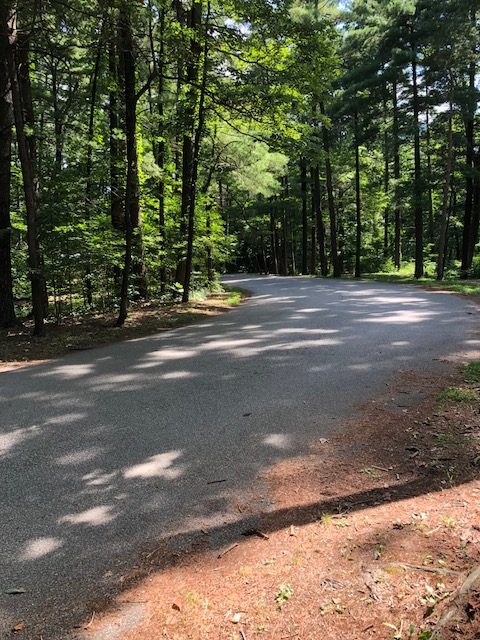by Donna Poole
Back in 1966, those three young divinity students looked more like they belonged in junior high than in college. Good friends, they sang in a music group and did almost everything together. They said things they thought were hilarious like, “Ya know? Ya never really know.”
I’d never tell about the time one of them was on a date and the other two pushed his car half a block away so he couldn’t find it. I’d never write about the double date we went on with one of them when. . . .
They were great guys though. One became a missionary to Italy, one the head of the music department at a college, and the third the pastor of a country church. I married the third one.
They were right though. Ya know? Ya never really know.
Who would have thought that the first day of spring 2020 would arrive to find the world in chaos? A friend asked, “Am I the only one who feels like I went to sleep and woke up in an episode of the Twilight Zone?”
Well, hello coronavirus, COVID-19!
What positive things do I have to say from up here in my Pollyanna tree? Please, don’t shoot me out of my tree just yet; I don’t really like this any better than you do. Positive things. Hmmm. Well, we’re learning new vocabulary words! Until recently, I thought “flatten the curve” was wishful thinking when you flunked a high school chem test. And I thought “social distancing” was something only hermits practiced.
Long ago, I wanted to be a semi-hermit. I wistfully imagined living in an isolated cabin with just my family and a very few hand-picked close friends nearby. I supposed that with just those few people, and my books, I’d be perfectly content. But are selfish people ever really content?
I just didn’t know myself. I care too much about people to be a happy hermit. How could a hermit love this saying, “They might not need me; but they might. I’ll let my head be just in sight; a smile as small as mine might be precisely their necessity.”
But wait. Wasn’t Emily Dickinson, who wrote those words, a model for social distancing? Never mind. I’m distracting myself.
I’d ask you to link arms with me, walk my country road, and talk about the crisis of coronavirus, but just for now, you stay over there on your side of the road, six feet away, but let’s talk. What’s that you say? My road isn’t six feet wide? Okay, I’ll walk off the road in the grass.
Community, friendship, love, these are beautiful words, richer than we realized. No perhaps about it, we’ve taken so many precious gifts for granted. And now we’re missing our normal lives.
Last week our little country church announced a potluck. We love our potlucks. A friend posted on my Facebook wall that to be Baptist you had to believe in Jesus and own a casserole dish. I told her that was theologically incorrect. You also had to own a crockpot.
For almost forty-six years we’ve been crowding into our fellowship hall, an old, one-room country schoolhouse for potlucks. You should see our long table, groaning under its beautiful load of crockpots.
The schoolhouse has no running water, no indoor bathroom, and it’s not big enough for all of us. But, oh the love and laughter we’ve shared there. We’ve shared sobs and hugs too, at funeral dinners. I fiercely love that old building, but I’m as anxious as anyone to see our new addition completed. We’re going to have a fellowship hall with running water and bathrooms, but we’ll still be the country church on the corner of two dirt roads because that’s who we are.
We won’t be having a potluck this week. There’s no way to practice social distancing in that old schoolhouse; it wasn’t built for that. And you know what? Neither were we. None of us were built for social distancing. We need each other. We need to give and receive love, friendship, help, hugs, and comfort.
We won’t even be meeting for church; we’re doing our part to flatten the curve. Sure, I’ll miss the big reason meet, to worship God together and to learn from His Word, but I’ll miss the little things too. The coffee and donuts on the back table. The smiles, handshakes, love. The shared sorrows. The sound of the bell ringing out over the fields. The little kids running out of children’s church anxious to show their handwork to anyone who will look, and we’ll all look. The jokes. The laughter. The young people helping the older ones to their cars. The contented silence of the church after the last person has left, waiting for John while he locks the door, and walking arm in arm with him to our car.
Soon, this social isolation end. Let’s not take each other for granted ever again. Because, how long will we have each other? Ya know? Ya never really know.
People, we need people!
https://www.youtube.com/watch?v=tF6CFQ06w-g





















